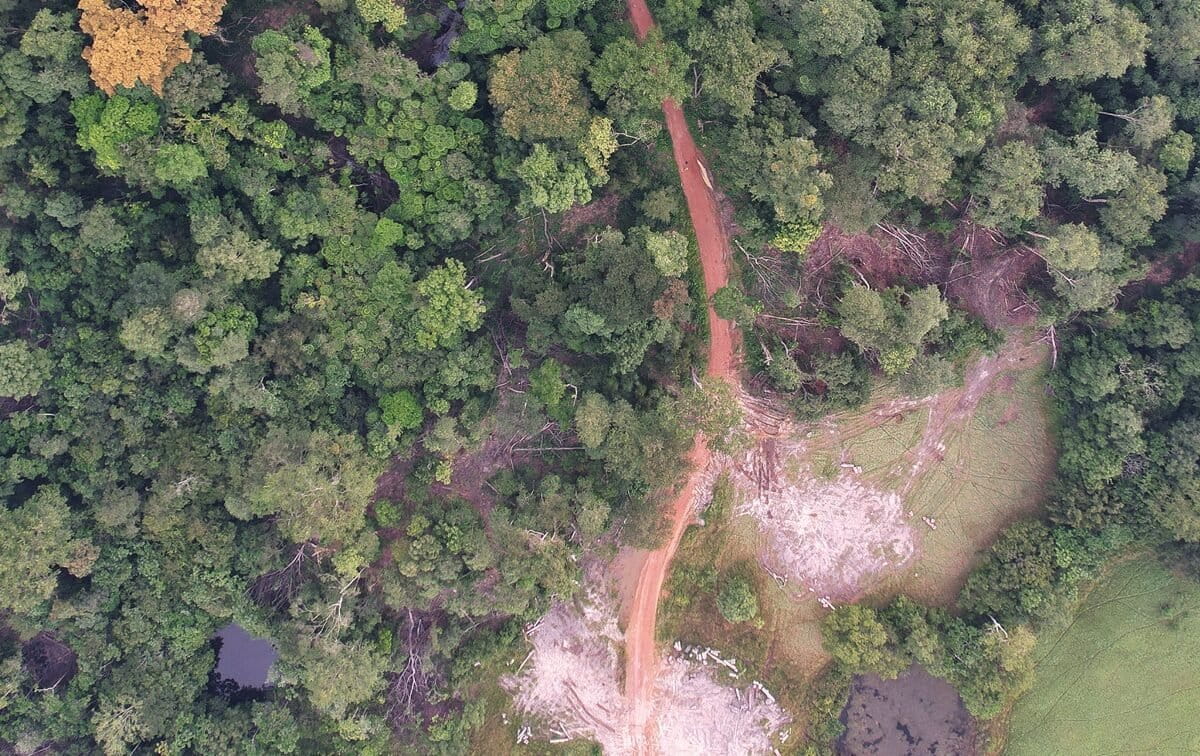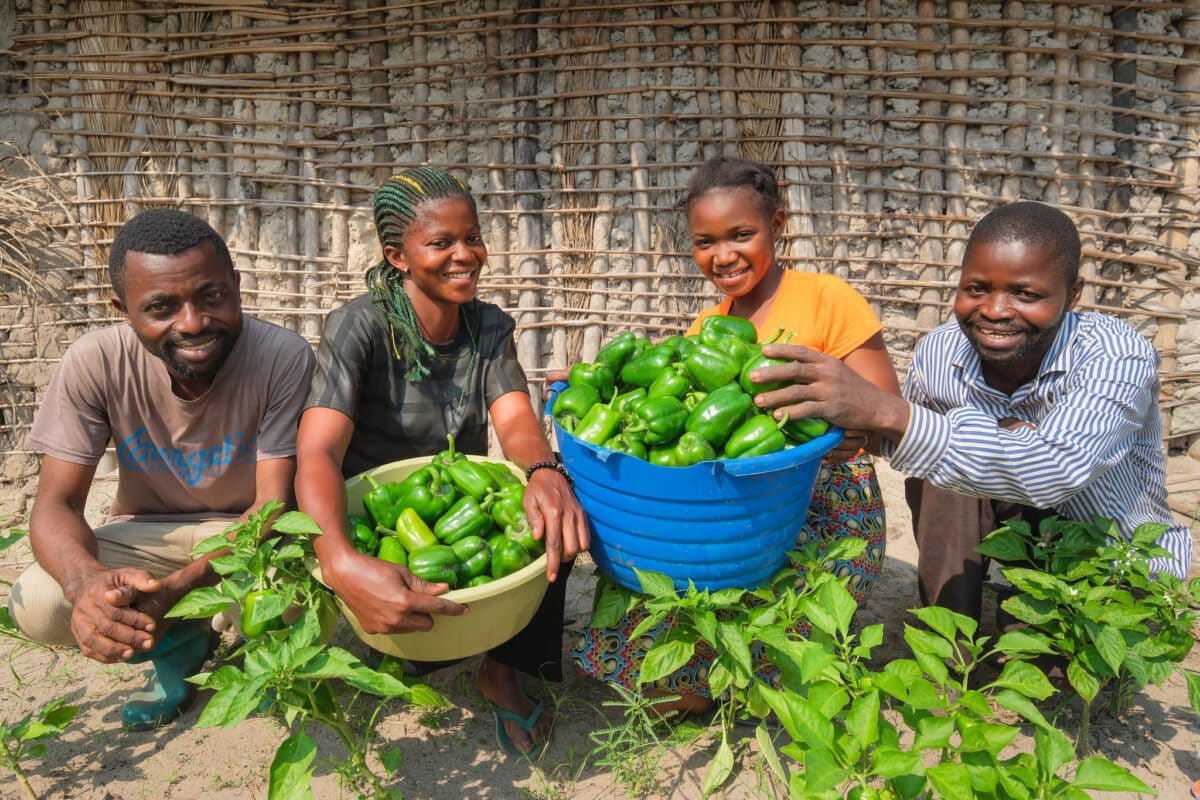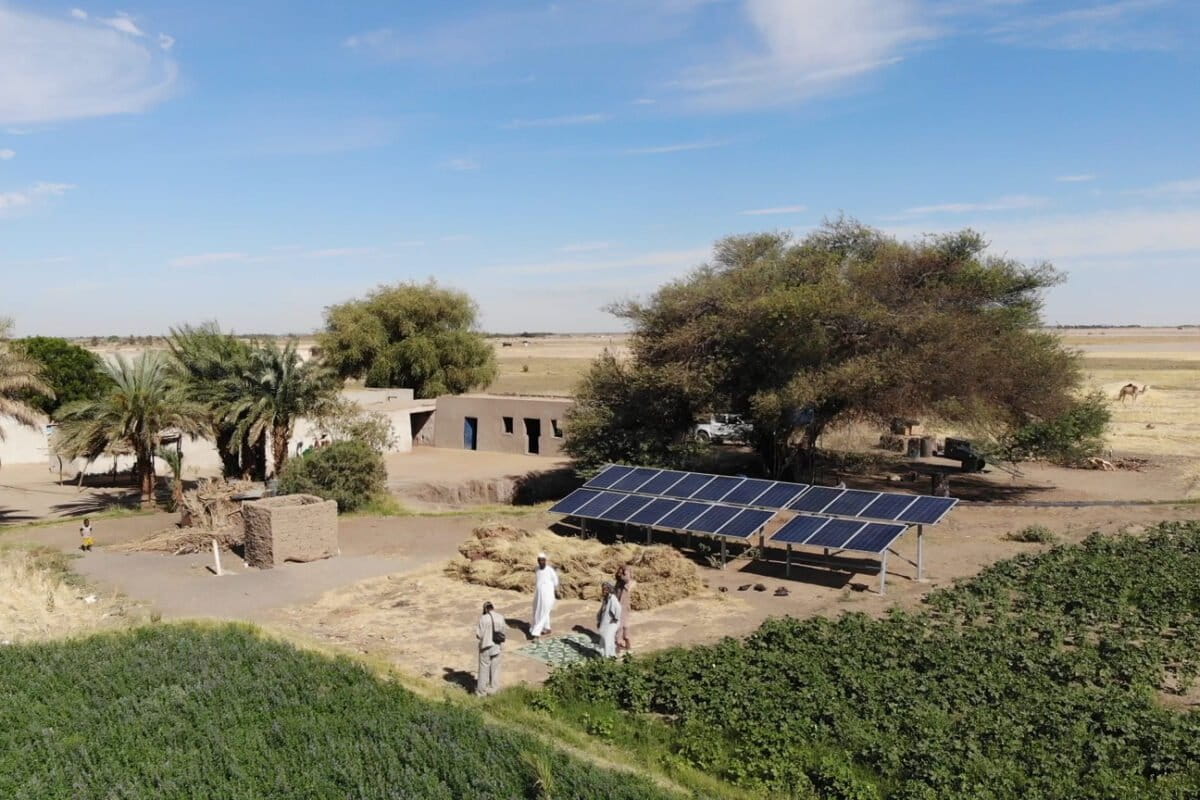Teak wood may be improved by greater genetic diversity
Teak wood may be improved by greater genetic diversity
mongabay.com
September 15, 2008
Molecular genetics is an important tool not only in basic studies of phylogeny, genetic variation, and relatedness among others, but also for managing tropical forest resources that have important commercial value.
Favored for its aesthetic physical properties and its qualities, teak wood (Tectona grandis) is becoming increasingly important in forest plantation development in Côte d’Ivoire. To preserve the genetic resources of this species and ensure the supply of genetically superior quality germplasm for improvement and plantations, a core collection of superior genotypes with large genetic diversity is a prerequisite.
A new study, published in the open-access journal Tropical Conservation Science by Inza J. Fofana and colleagues, reports on the use of site-specific recombinase (SSR) technology employing microsatellite DNA markers to investigate the level of genetic variability, distribution of genetic variation and genetic relatedness in T. grandis grown in Côte d’Ivoire.
The work is significant given demand for teak wood has increased several-fold over the past half-century, resulting in reduced genetic diversity of the teak stock in plantations.
The authors says that modeling simulations with molecular research will improve knowledge of landscape patterns of genetic diversity within species distribution and help develop resource management plans that enhance conservation of natural teak populations.
Authors included researchers from the Université de Cocody-Abidjan, the Laboratoire Central de Biotechnologie du CNRA, and CIRAD.
Inza J. Fofana, Yehili J.Lidah, Nafan Diarrassouba, Simon P. A. N’guetta, Abdourahamane Sangare, and Daniel Verhaegen. Genetic structure and conservation of Teak (Tectona grandis) plantations in Côte d'Ivoire, revealed by site specific recombinase (SSR). Tropical Conservation Science Vol. 1(3):163-185, September 2008














